#1910s literature
Explore tagged Tumblr posts
Text
‘I stand there sometimes now, where the two dead trees are leaning close together / there is nothing in all the world / that means so much as that one word, 'to-gether,' and when you add 'love' to it, you have heaven’
— myrtle reed, from flower of the dusk
#Myrtle reed my precious#I’ve never felt so understood in all my life#myrtle reed#flower of the dusk#sentiments#on tenderness#on hope#on love#the song of the pines#poetry#love as tenderness#literature#1910s literature#softness#typography#girlhood
41 notes
·
View notes
Text
"In Flanders fields the poppies blow Between the crosses, row on row, That mark our place; and in the sky The larks, still bravely singing, fly Scarce heard amid the guns below. We are the Dead. Short days ago We lived, felt dawn, saw sunset glow, Loved and were loved, and now we lie, In Flanders fields. Take up our quarrel with the foe: To you from failing hands we throw The torch; be yours to hold it high. If ye break faith with us who die We shall not sleep, though poppies grow In Flanders fields."
--In Flanders Fields, John McCrae
#In Flanders Field#John McCrae#Lieutenant-Colonel John McCrae#Poem#Poet#Poetry#Canadian Poem#Canadian Poet#Canadian Poetry#Quote#Literary Quote#Literature#Canadian Literature#20th Century Literature#20th Century Poetry#1910s Literature#1910s Poetry#1910s#1918#Great War#World War I#WWI#Lest We Forget#Remembrance Day#Armistice Day#Favorite Ontarian#Favorite Canadian#Canada Chronicles
6 notes
·
View notes
Text

Pygmalion, Bernard Shaw (1912)
This is delightful. It's very funny, even in reading only. I'd love to see it performed; must be a total hoot.
The premise is that a phonetician makes a bet with his colonel friend that he could train a lowly flower girl into speaking so well that she'd be confused with a duchess. In this we recognize the idea of the ancient Pygmalion story, in which a sculptor unhappy with real women decides to sculpt his perfect waifu and then falls in love with her or whatever. Shaw however was very clear in that he refused to make his Pygmalion a romance, because that's, i paraphrase, "fucked up if you think about it". Ok i joke but basically Shaw, aside from being an immense phonetics nerd and writing a phonetics-centric play, took care to make it... feminist, I suppose. Idk if he'd have used the term, but functionally that's what's going on. He considers that Galatea (the statue in the original) falling in love with the sculptor is unrealistic because he's too much of a god to her; and in his own play also gives more reasons for his "Galatea" to really not want to end up happily ever after with the phonetician. On top of the feminist aspects, this play also reflects on notions of class, as is inevitable when you start caring about phonetics, frankly, since accent is often a marker of social background. It does all of this in such a way that it's both funny and witty. Even the very ridiculous character of the girl's father, a poor man who wants to remain poor and lowly, carries with himself reflections that I was surprised and delighted to read.
Easily recommended read/watch tbh.
#pygmalion#bernard shaw#pygmalion bernard shaw#pygmalion shaw#readblr#litblr#books and reading#literature#irish lit#irish theatre#irish literature#20th century literature#1910s literature#chatterbones#bones reads#theatre#bookblr
4 notes
·
View notes
Text
"The apparition of these faces in the crowd: / Petals on a wet, black bough."
Ezra Pound, In a Station of the Metro (1913)
#quotes#literature#lit#poetry#american poetry#imagist poetry#imagism#spilled ink#american literature#ezra pound#now this guy was NOT a good guy. do with that what you will#1910s literature
13 notes
·
View notes
Text
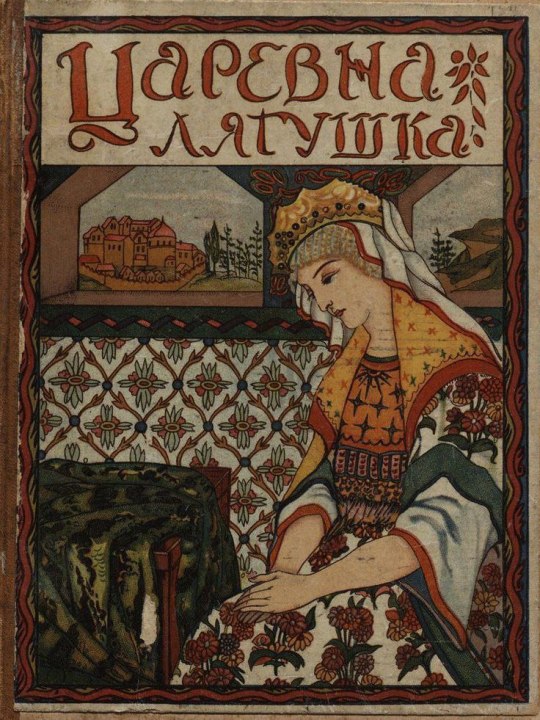
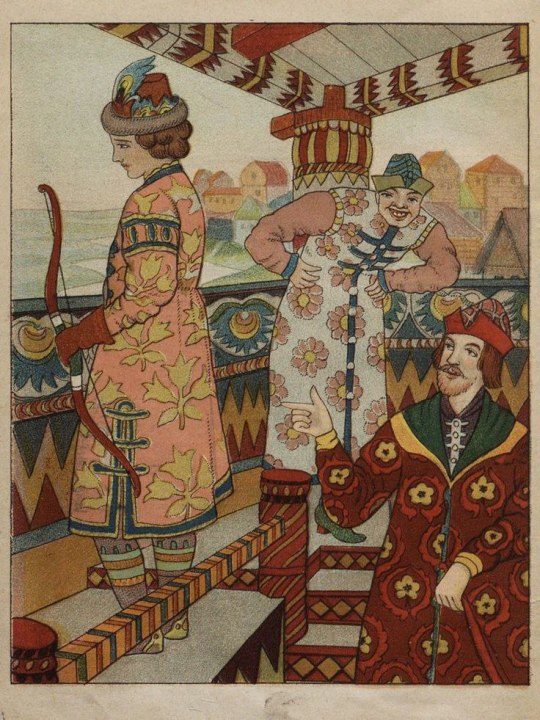
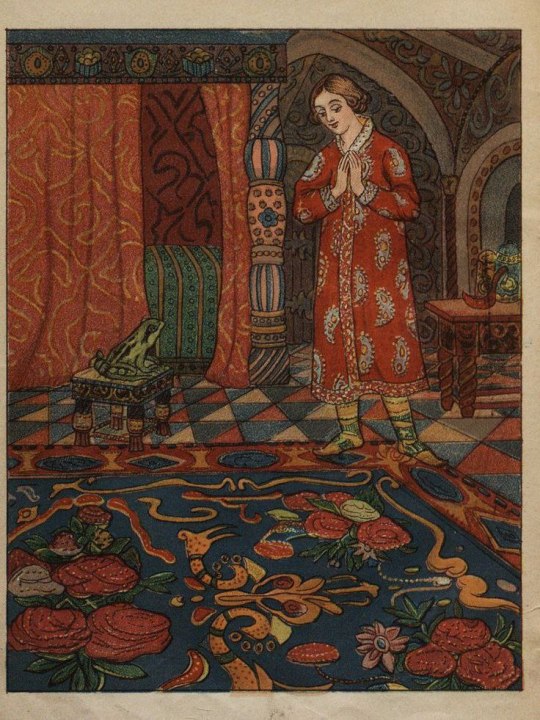
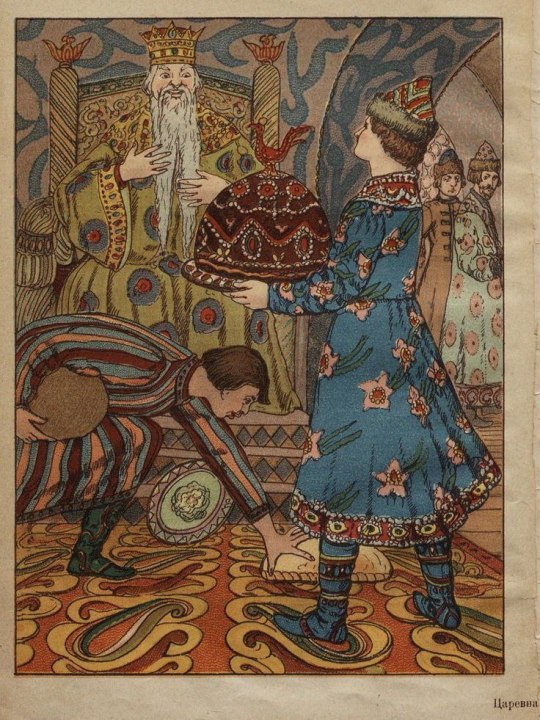
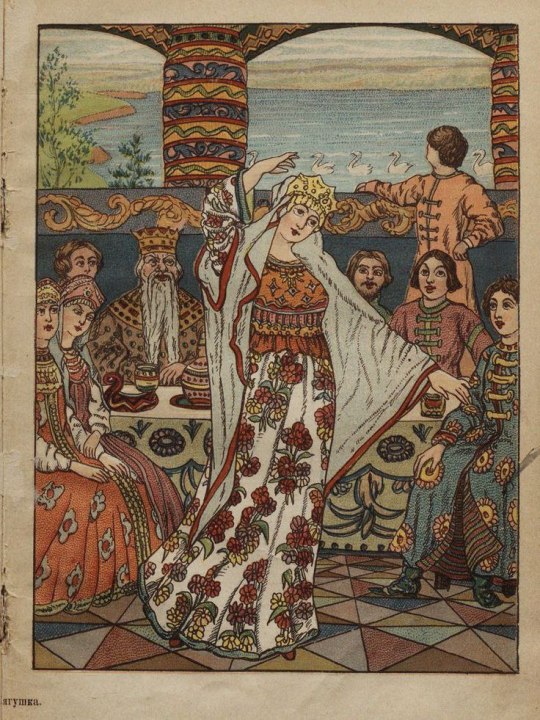
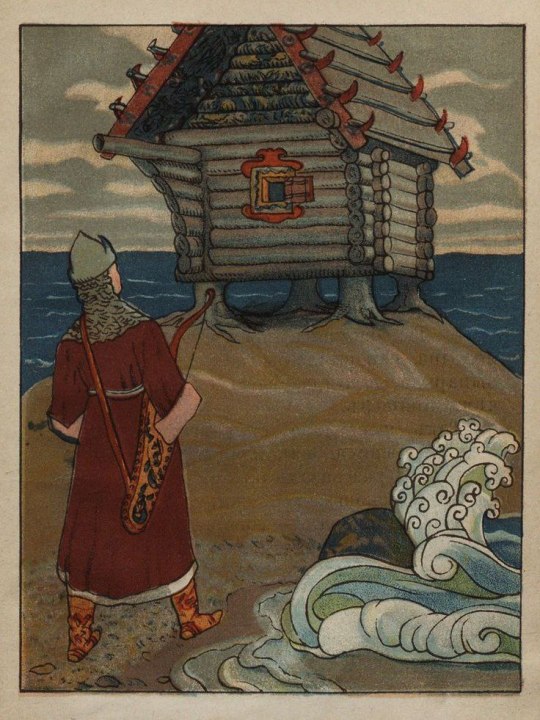
Russian fairytale "The Frog Princess" (1914)
#Россия#Russia#Царевна-лягушка#The Frog Princess#русская народная сказка#russian fairy tale#fairy tale#русская литература#russian literature#literature#русские народные сказки#russian fairy tales#fairy tales#русская культура#russian culture#culture#русское искусство#russian art#art#slavic#russian#illustrations#european#fairytale#book#vintage#folk#fairytales#traditional#1910s
1K notes
·
View notes
Text



Sassoon and Graves in 1920.
When Robert Graves walked into C Company mess on 28 November 1915 on some errand, he noticed an unexpected book on the table. It was a copy of Post Liminium, a collection of essays by the late nineteenth-century poet Lionel Johnson. The army was not noted for its Lionel Johnson readers; a 'military text-book or a rubbish novel' were more the order of the day. Graves took a discreet look at the name on the flyleaf. A glance round the mess was enough to indicate 'Siegfried Sassoon': the tall, lanky, shy subaltern. Graves, also tall but anything but shy, quickly struck up a conversation. Both being off duty, the two were soon walking into Béthune for cream buns, busy talking poetry. Sassoon and Graves had a good deal in common. Both were conventionally unconventional public school products, trying to turn themselves into competent army officers and into the kind of poets Eddie Marsh would publish in his Georgian Poetry anthologies. Both, anxious about being insufficiently manly, had cultivated a tougher, sportier side: Sassoon through fox-hunting and cricket; Graves through boxing — he had been the school middleweight champion. Both were lonely and in love (Sassoon with David 'Tommy' Thomas, Graves with George 'Peter' Johnstone). Both were almost certainly still virgins. The friendship necessarily developed in fits and starts, and owed some of its intensity to that. Long conversations, the uninterrupted exchange of poems and confessions, were a rare luxury. Graves gave Marsh a humorous but probably not very misleading account of their difficulty 'in talking about poetry and that sort of thing': 'If I go into his mess and he wants to show me some set of verses, he says: "Afternoon Graves, have a drink… by the way, I want you to see my latest recipe for rum punch."' He also made it pretty clear to Marsh that it was not just poetry they had to be careful about discussing openly: 'I don't know what the CO would say if he heard us discussing the sort of things we do… His saying is that "there should be only one subject for conversation among subalterns off parade." I leave you to guess it.' There was obviously a secret thrill in these surreptitious exchanges, a sense that Graves and Sassoon were like two naughty schoolboys, hoodwinking their peers and those in authority.
— Harry Ricketts, Strange Meetings: The Poets of the Great War (2010)
#siegfried sassoon#robert graves#poets#history#gay history#lgbt history#lgbtq history#gay#vintage men#lgbt#lgbtq#lgbtqia#lit#literature#poetry#world war 1#ww1#wwi#1910s#1920s
117 notes
·
View notes
Text

Marguerite Gance as Madeline Usher in Fall of the House of Usher (1928)
#fall of the house of usher#Edgar Allan poe#gothic#gothic literature#1928#1920s#1920sstyle#1920s fashion#1900s#1900s style#1900s fashion#silent movies#silent movie#silent film#silent films#silent cinema#French cinema#French movie#horror#horror movies#early 1900s#turn of the century#early 20th century#Southern gothic#black and white movies#black and white movie#1910s#1910s style#1910s fashion#edwardian
49 notes
·
View notes
Text

Arthur Rackham (British/English, ), illustrator for English Fairy Tales by Flora Annie Steel • 1918
”Somebody has been at my porridge, and has eaten it all up!”
#illustration#art#illustrator#artwork#arthur rackham#british illustrator#english fairy tales#fairy tales#early 20th century british illustration#1910s illustration#book illustration#vintage book illustration#sassafras & moonshine blog#illustration blog#children's literature#golden age of illustration
19 notes
·
View notes
Text
Fragile Beginnings – a new story
We've got a new part of Monty and Henry's story! The first walk in Central Park turns out to be much more dramatic than either of them expected, but also, in no particular order...
Monty gets Henry sloshed
The boys find out more about each other
Cosy meals
More abrupt kisses!
There is still only one bed in the flat

And here's an unpublished art by Mlanka to get your attention
#writeblr#queer fiction#queer history#gay romance#gay literature#1910s#gay couple#historical fiction#edwardian era#monty and henry#stories and scenes
23 notes
·
View notes
Text
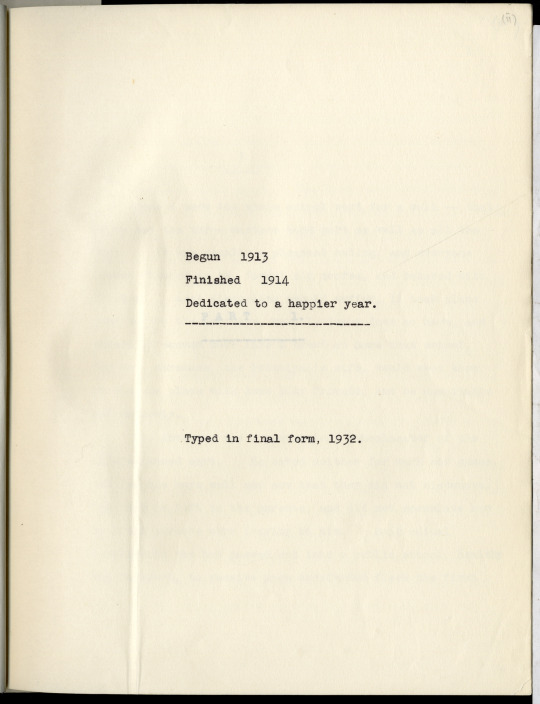
Typescript of the 1932 version of Maurice by E M Forster, with autograph manuscript alterations and additions made c. 1959
© The Provost and Scholars of King’s College, Cambridge and The Society of Authors as the E.M. Forster Estate
332 notes
·
View notes
Text

Atsushi Nakajima aged 5, 1914
#author#japan#japanese author#japanese literature#1930s#atsushi nakajima#atsushi#nakajima atsushi#1910s#1940s#1920s#taisho era
17 notes
·
View notes
Text
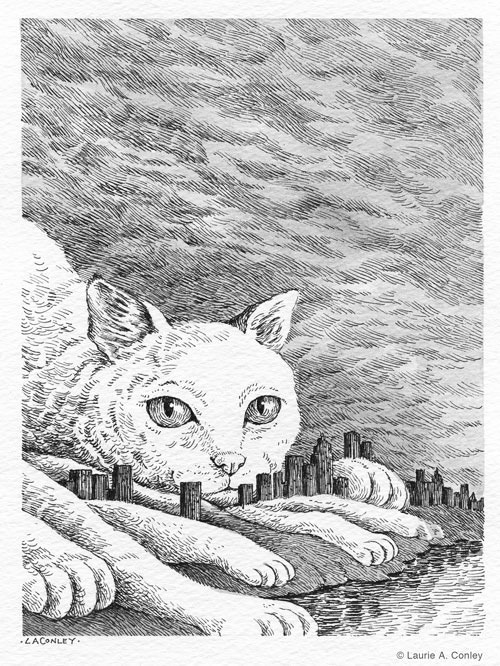
visual depiction of “fog” by carl sandburg
70 notes
·
View notes
Text
"If I were well-to-do / I would put roses on roses, and cover your grave / With multitude of white roses, and just a few / Red ones, a bloody-white flag over you."
D.H. Lawrence, Birthday (1914)
#quotes#literature#lit#poetry#spilled ink#1900s poetry#1900s literature#d h lawrence#dh lawrence#d. h. lawrence#english poets#english writers#english authors#british authors#british poets#british writers#british poetry#british literature#1910s literature#1910s poetry#queer authors#queer writers#queer poets#grief poems#grief poetry#birthday poems#death poetry#death poems
2 notes
·
View notes
Text
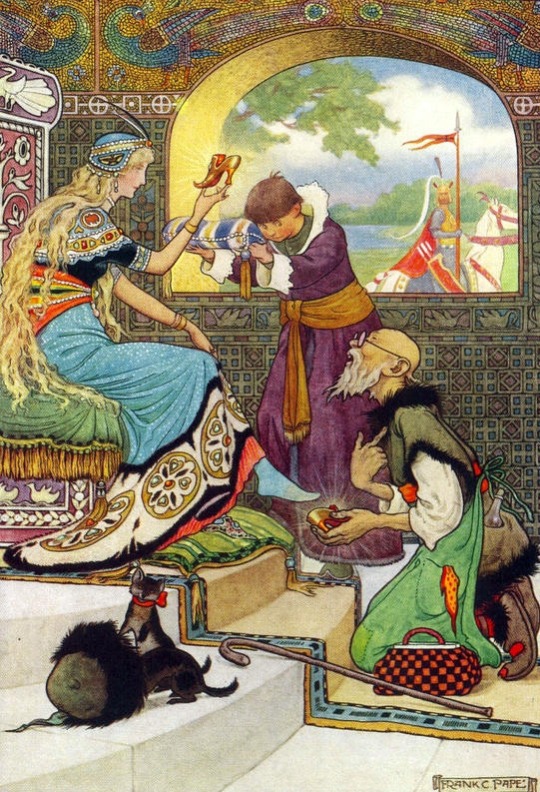
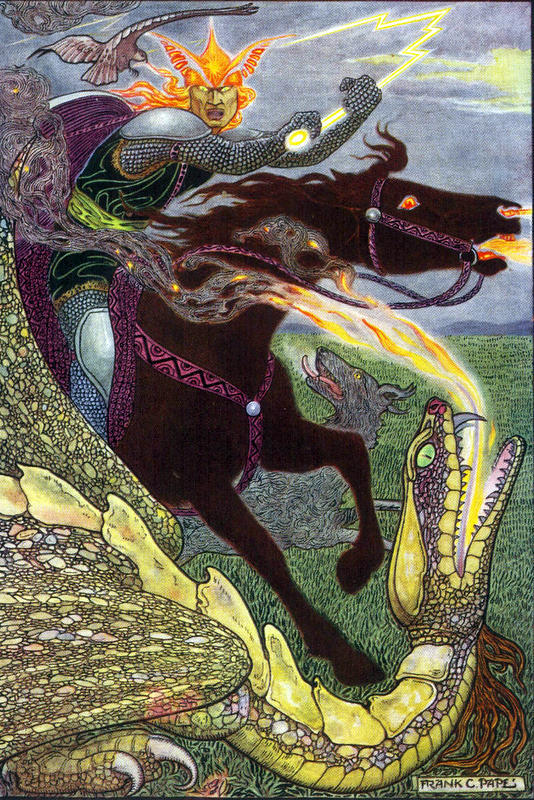
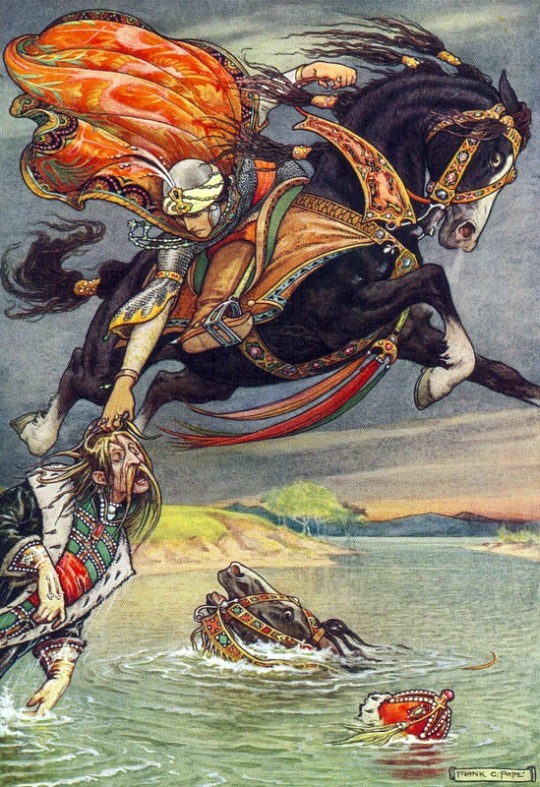
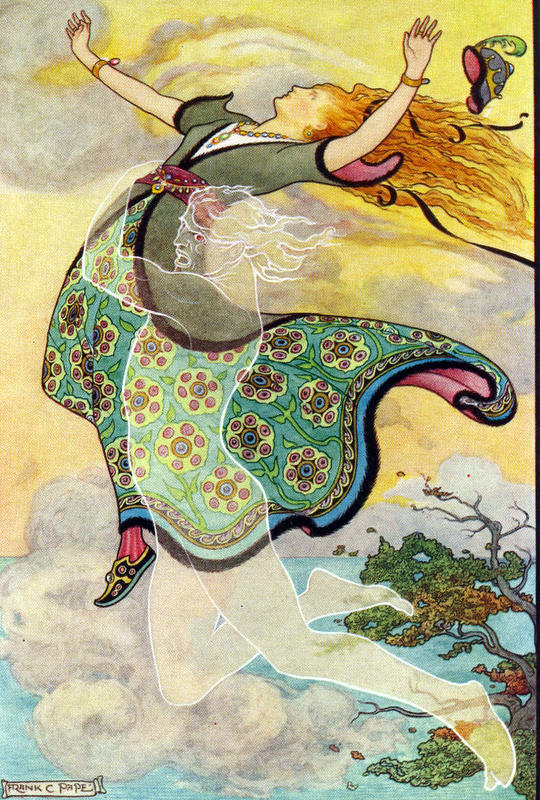
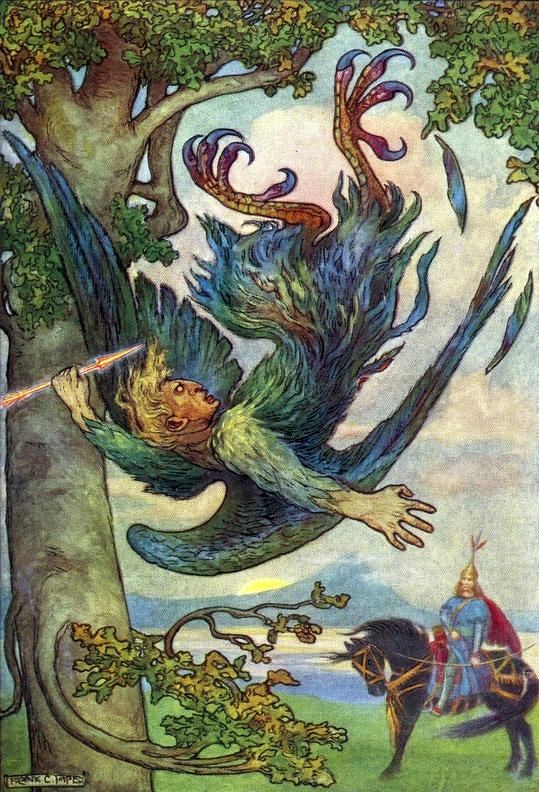
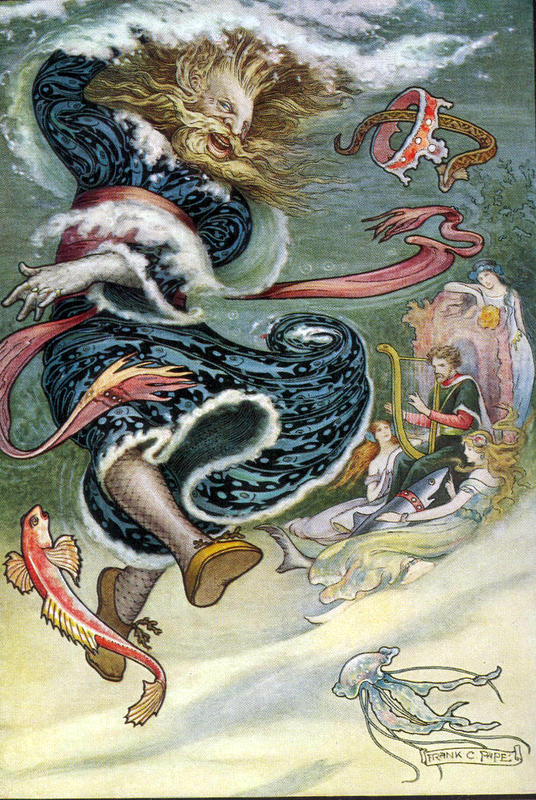

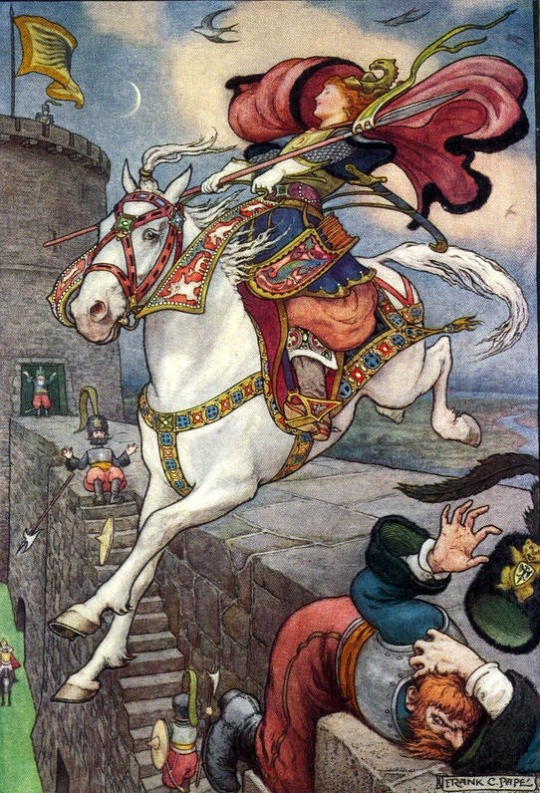
"The Russian Story Book" illustrated by Frank C.Papé (1916)
#Россия#Russia#vintage#book#Frank C.Papé#english artist#artist#books#русская культура#russian culture#literature#english art#art#illustration#русские сказки#russian fairy tales#fairy tales#beauty#русский фольклор#russian folklore#folklore#history#russian#english#Eastern Europe#illustrations#slavic#traditional#Europe#1910s
383 notes
·
View notes
Text
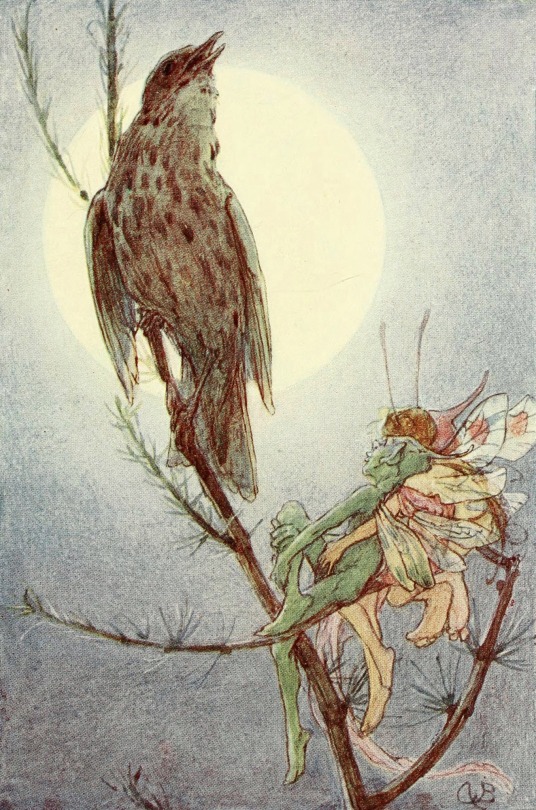
The Brownies and other Tales by Juliana Horatia Ewing
George Bell & Sons
London
1910
An Idyll of the Wood
Artist : Alice B. Woodward
#alice b. woodward#alice woodward#1910#children's literature#fairy tale#children's books#vintage illustration#fairy story#children's book#fairy tales#old illustration#fairy#old book#juliana horatia ewing#night#nuit#lune#moon#idyll#night bird#moonlight#clair de lune
599 notes
·
View notes
Text
Lit Hub: How Wilfred Owen and Siegfried Sassoon Forged a Literary and Romantic Bond

Wilfred Owen first mentioned the presence of a new star on his horizon on August 15, 1917. He had been busy acting, editing the hospital magazine, arguing with his mother by letter about whether Christianity and the war were compatible (he thought not, and he had hard words to say about the Archbishop of Canterbury, who did). So he may not have noticed at first the presence of Siegfried Sassoon. At their first meeting, Sassoon treated Wilfred with a certain lordly condescension. Wilfred persisted, however, and their next meeting was warmer. They talked about poetry, and Sassoon asked Wilfred to help him decipher a handwritten fan letter from H.G. Wells, written in pale pink ink. Wilfred was in the full throes of hero worship, while Sassoon, although he may have been better at concealing his emotions, was beginning to feel a powerful attraction for his handsome young admirer, critiquing and rewriting Wilfred’s poems, who had sent home to his mother and sister for every scrap he had written. It should not be imagined that the relationship between the two men was all one way. Sassoon recognized in Wilfred a greater poet than himself, but his own poetry also improved as the two men worked together. Still, it was Sassoon who remained in Wilfred’s eyes “the great man,” an impression no doubt influenced by class. [Wilfred's] brother Harold scoured his letters so thoroughly after his death that it is impossible to tell whether Owen had a physical relationship with Sassoon, but in every other respect it was the closest he would ever come to a love affair. “Spent all day [with Sassoon] yesterday,” he wrote his mother ecstatically. “Breakfast, Lunch, Tea & Dinner.” Wilfred and Sassoon spent their last evening together at the Scottish Conservative Club in Edinburgh, eating a good dinner, drinking “a noble bottle of Burgundy” and laughing uproariously over a volume of especially bad poetry. Sassoon had given Wilfred, as a parting gift, a thick envelope, which he opened in the club while waiting to take the midnight train. It contained a ten-pound note and a letter of introduction to Robert Ross in London, the friend, editor, and devoted defender of Oscar Wilde and a literary luminary almost as well connected and admired as Edward Marsh. Ross was a friend of H.G. Wells, Arnold Bennett, and Osbert Sitwell, as well as a central figure in the homosexual literary and social world. Sassoon must have hesitated before including the ten-pound note for fear it might be taken as an insult, but Wilfred responded with genuine gratitude. "Know that since mid-September, when you still regarded me as a tiresome little knocker on your door I held you as Keats + Christ + Elijah + my Colonel + my father-confessor + Amenophis IV in profile…. I love you, dispassionately, so much, so very much, dear Fellow, that the blasting little smile you wear on reading this can’t hurt me in the least….And you have fixed my life—however short. I was always a mad comet; but you have fixed me. I spun around you a satellite for a month, but I shall swing out soon, a dark star in the orbit where you will blaze." He ended his letter with a phrase he had used earlier to his mother to describe his relationship with Sassoon: “[We] knew we loved each other as no men love for long.” (Full article)
#wilfred owen#siegfried sassoon#robert graves#history#gay history#lgbt history#lgbtq history#gay#mlm#lgbt#lgbtq#lgbtqia#lit#literature#gay literature#lgbt literature#lgbtq literature#poet#poetry#1910s
57 notes
·
View notes